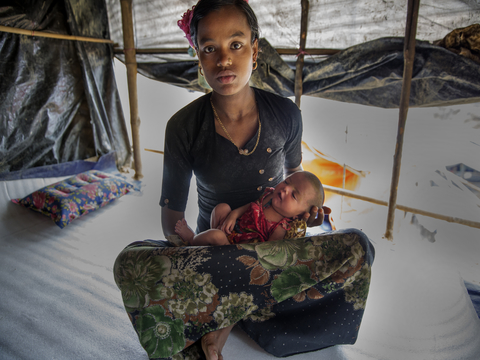“I started dancing when I was 15,” Kate says. While performing at a fair in the Thai town of Nonthaburi then, she met a man. “He was older than me. He was funny and handsome. I didn’t like him at first, but he grew on me.”
Back then, Kate didn’t know about contraception or the risks of having sex without it and eventually became pregnant. Now 17, she lives in a in Bangkok shelter for teenage mothers.
About 1.6 million babies were born to teenage mothers in Thailand over the last 15 years, with a 54 per cent increase from 2000 to 2014. In 2016 alone, over 14 per cent of all pregnancies in the country were to adolescents.
To help girls like Kate prevent pregnancy until they are older and decide to start a family, the Government of Thailand passed a law making contraception and information available to all people between the ages of 10 and 19.
In Thailand, comprehensive sexuality education, crucial to ensuring young people can make well-informed decisions about their bodies and relationships, is taught in almost all high schools across the country, but the quality varies widely. A new law requires all high schools in Thailand to adopt the curriculum, although implementation remains a challenge.
“We can’t stop teenagers from having sex, but we can help them make it safer for them,” says Dr. Jetn Sirathranont, Chairman of the Committee on Public Health in Thailand’s National Legislative Assembly.
Kate's story represents one end of Thailand’s fertility challenge.
On one hand, adolescents lack access to information and sexual and reproductive health services and are seeing their futures diminished through unintended pregnancies. On the other hand, women are aiming to start families later in life and finding that their reproductive years have passed.












